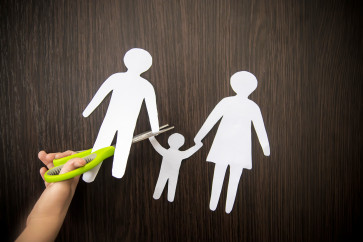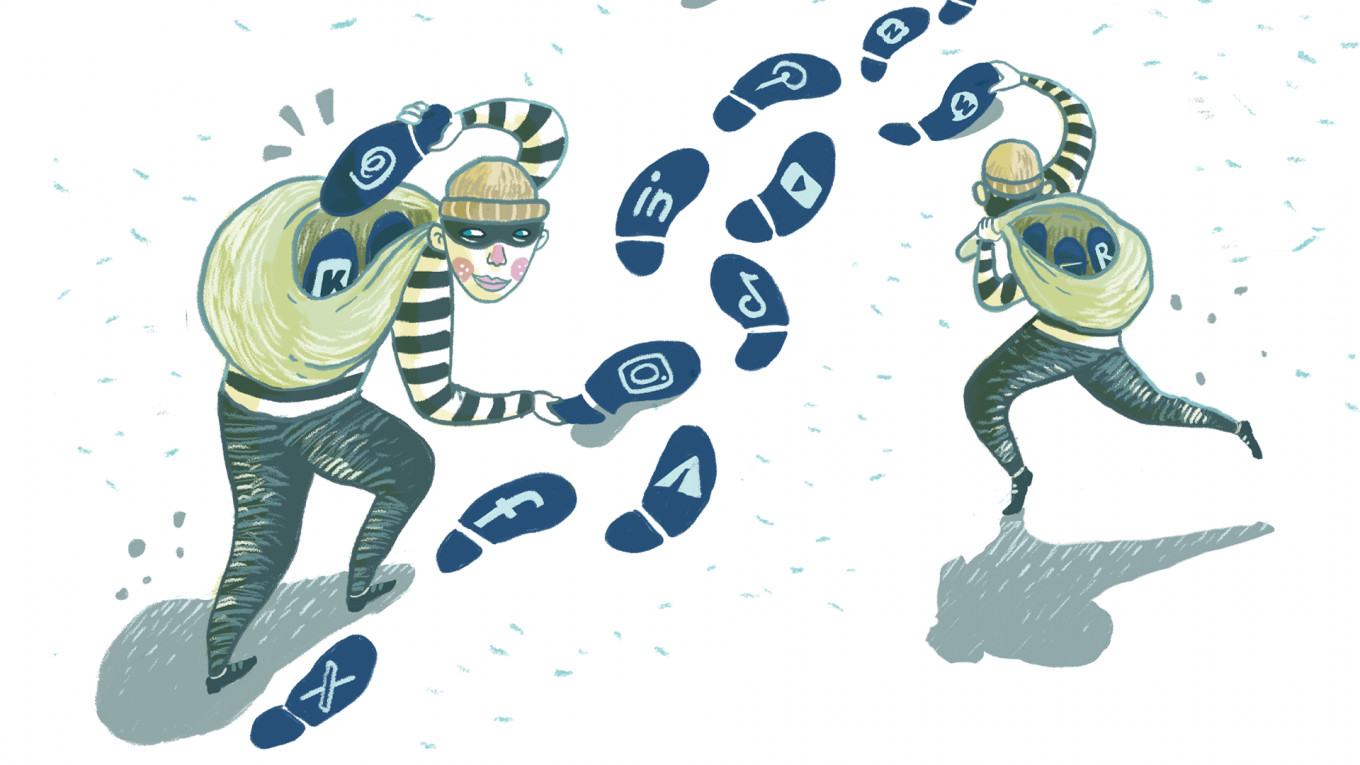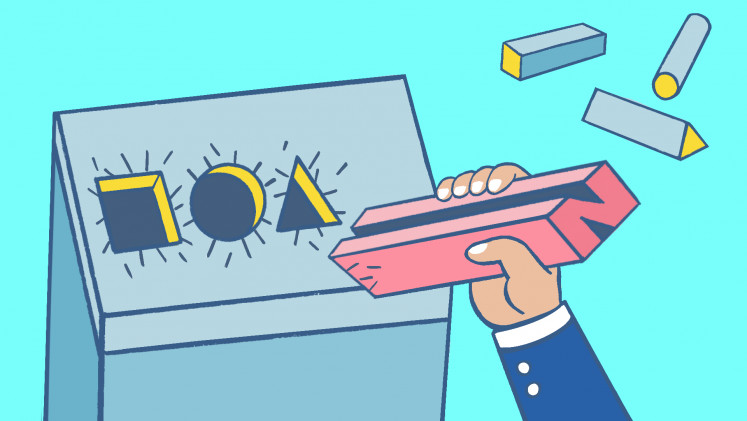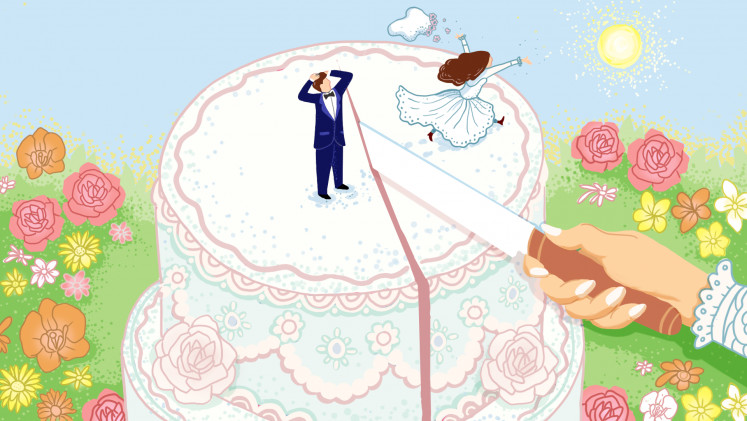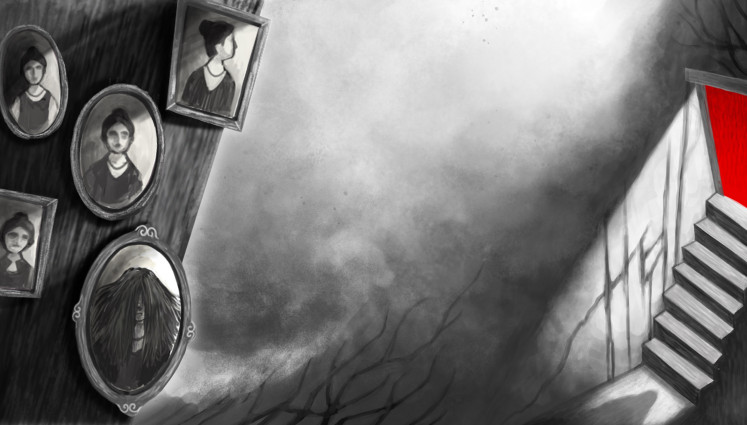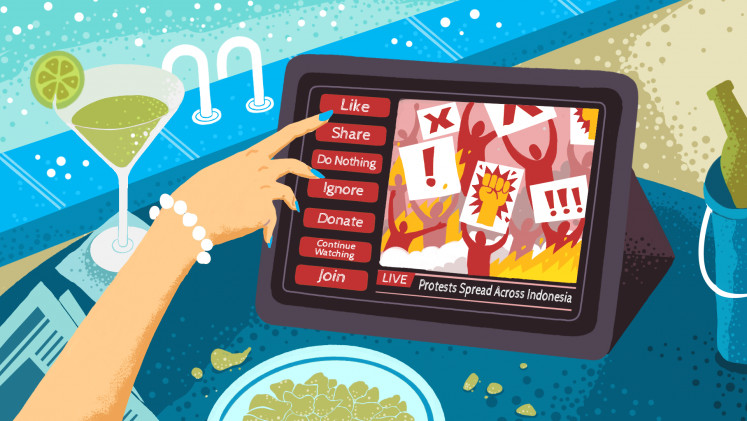A few weeks after his grandfather passed away, Adip (not his real name) and his family noticed something strange: His grandfather’s Facebook account was still active.
“Somebody posted links, often with sexy photos of female celebrities,” Adip says.
The posting eventually stopped. “But it was deeply unsettling, especially because we were still mourning.”
The posts got no likes, no comments, just digital noise in a place that had once been personal. It did not seem like a scam, more like a prank.
“My grandfather probably accessed a public computer and forgot to log out,” Adip guesses.
His aunt recovered the account and deleted the posts. Afterward, the family wondered whether they should shut it down entirely.

Thank you!
For signing up to our newsletter.
Please check your email for your newsletter subscription.
“But then we decided to use it as a keepsake,” Adip says.
Just like a wristwatch or a faded letter, an old Facebook profile can become something we hold on to. A digital relic. A wall of memories.
“I can’t stop thinking of my friend’s last post as some kind of goodbye note,” says Nia.
“Sometimes, when I miss her, I go to her Facebook page. I can see the days leading up to her passing, how her husband stayed with her through the operations, how she left.”
We leave digital traces, and those traces outlive us.
They carry our stories into the future, stories that can be cherished or twisted, protected or exploited. But who owns those stories when we are gone? The platform? Our family? What happens if no one can access our email, or if a digital wallet sits locked while the bills keep coming?
Death is already a messy thing to navigate, and a will is supposed to ease that tension. But today, planning for death means going beyond physical assets. It means thinking about what happens to everything we have ever typed, posted, saved or shared.
Privacy after death
Our digital footprint is not just social media, it is email, online subscriptions, e-wallets, cryptocurrency, ad income, analytics, private messages and activity logs. Some things are public, like comments or tagged photos. But others, our messages, activity logs, unposted drafts, are invisible to anyone but us.
Both kinds of content can be meaningful, even powerful, after we die.
In 2011, a family in Virginia, the United States, tried to access their son’s Facebook after he died by suicide. They hoped to understand why. Facebook refused, citing privacy laws.
It sounds absurd, how can the dead have privacy? But it raises important questions, must family grieve without all the pieces? Could they at least have some access, without having to battle tech giants for months?
“There are at least two layers to this,” says Sherly Haristya, an adjunct lecturer in the doctoral program at the LSPR Institute of Communication and Business in Jakarta.
“On one hand, there are concerns of protecting the dignity of the deceased. On the other, there might be valuable information in a person’s digital assets. Laws need to find a balance.”
That Virginia family eventually got limited access after a year-long legal struggle. They also pushed lawmakers to update state privacy laws, making it easier for other grieving families.
Not just about grief
Sometimes it is less about grief and more about practicality.
An email tied to a monthly subscription can quietly drain a bank account. A crypto wallet might contain actual money. But what if no one knows how to access it?
Different countries have different takes. Australia emphasizes posthumous privacy. In Japan, some advocate for the commercialization of deceased users’ data. Most tech companies, meanwhile, maintain a hard line: no access, even to family.
“Ideally, there’s a way to protect the deceased’s privacy but also allow their information to be managed, or even monetized, by their heirs,” Sherly explains.
Digital accounts can also reveal who someone really was.
“Let’s say a criminal dies,” she adds. “Gaining access to their social media logs or browser history might help us understand their motives.”
The same goes for public figures, “like the Pope, whose inner thoughts would be of interest to so many people”.
So the legal question is not just about access or privacy, it is also about public interest or legacy. What is worth protecting or preserving? Who gets to decide?
Where does Indonesia stand on this?
“This is not discussed enough,” she says.
Planning your digital end
One thing is clear: Neither tech platforms nor governments have kept up with the complexities of death in the digital age.
There are now more than 30 million Facebook profiles belonging to the deceased, which are at risk of being targeted by hackers who can impersonate a late loved one with generative AI or collect information to scam a grieving family.
That number is only going to grow. Oxford researchers project that dead users might outnumber the living on Facebook in the next 80 years.
It is not that Facebook cannot delete those accounts. But memorializing or removing them requires an official request, death certificates, proof of authority and weeks of waiting.
“It’s such a hassle,” says Oloando K. Tampubolon, a lawyer in Jakarta.
“Especially since you're dealing with a foreign company that needs to comply with their local regulations.”
But you do have options.
Facebook lets users decide in advance: You can choose to have your account deleted upon your death or memorialized.
The memorialized version shows a “Remembering” tag, doesn’t appear in people’s feeds, and can be managed by a designated legacy contact. That person can update profile photos, but not read messages or edit old posts.
Instagram and Google have similar systems. Google, for instance, will delete your account if it detects two years of inactivity.
If you do not trust platforms, you can always trust a person. Some, like Adip, simply share their passwords with someone they trust.
“Just as a precaution,” he says.
That way, if someone tries to hijack your account after you’re gone, your legacy is not left vulnerable to strangers, or algorithms.
Still, the most effective move is putting your digital plans in writing. Include login info in your will. Note which files or accounts are off-limits. Clarify who inherits what, including digital assets or crypto wallets.
“Appoint an executor who is responsible for your digital estate,” says Oloando.
That’s the beginning of planning your digital end-of-life.
. (Budhi Button)
The legacy we leave
Of course, death is not just a logistical problem. It is personal. Digital death, like physical death, is wrapped up in one big, uneasy question. How do we want to be remembered?
We already curate our lives online, our jobs, our travels, our pets. But what happens to that version of ourselves when we’re no longer around to shape it?
“I want to be remembered as a writer,” says Nia.
“That I was published in magazines and newspapers. But not that I take the train every day!” she laughs.
She will preserve her blog posts, but not her Instagram photos.
Adip thinks about it too. As an anthropologist, he knows that fragments of a life, tweets, photos, random bookmarks, can one day become the building blocks of history.
“People find random artifacts all the time and construct historical analysis through them. Sometimes I wonder what someone a thousand years from now would think about this year,” he says.
In Indonesia, it is not uncommon for people to dig into a dead person’s digital history to discredit them. A slight misconduct can eclipse a lifetime of good. When we are no longer alive to explain, the Internet can rewrite our story.
“We have all definitely had intrusive thoughts, perhaps recorded in our local files, that we do not want to share with others. But sometimes when these things are exposed after we die, our story becomes completely altered, perhaps for worse,” Adip says.
“A friend of mine made it clear that once he passes away, his hard drive needs to be destroyed.”
What we want to preserve, what the public can see, what only a few can see and what we want no one to see suddenly take on a different weight when we them as digital remains.
“Never before in history has such a vast archive of human behavior and culture been assembled in one place,” wrote David Watson of the Oxford Internet Institute about digital graveyards in 2019.
“Controlling this archive will, in a sense, be to control our history.”
That is the heart of it.
Our digital legacy is not just a matter of family or sentiment. It is about dignity. It is about memory. It is about making sure that the version of ourselves that lives on does not fall into the wrong hands, or fade into silence.
It is a question worth asking now, before we lose the chance to shape the story that outlives us.
Michelle Anindya is a writer and journalist. From her home in Bali, she writes about anything from coffee to tech.












